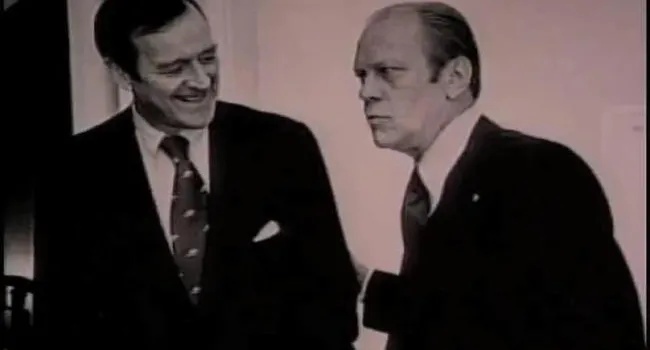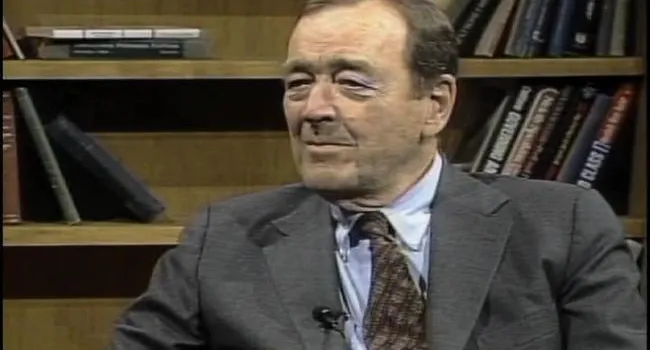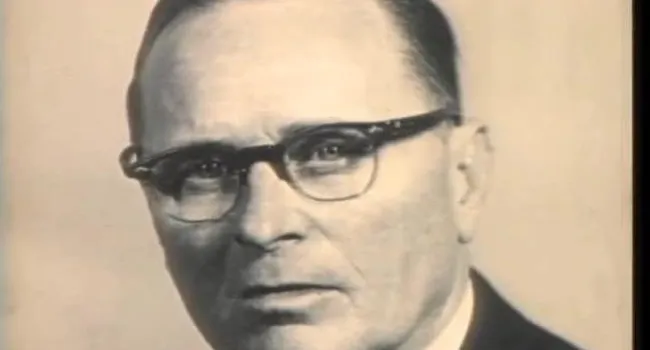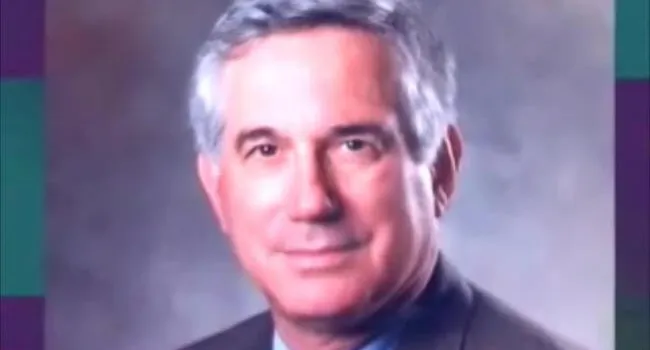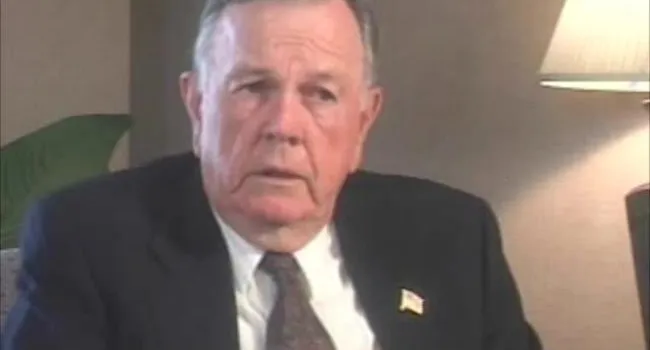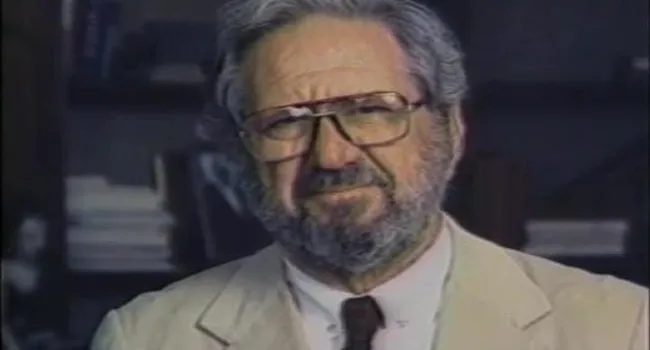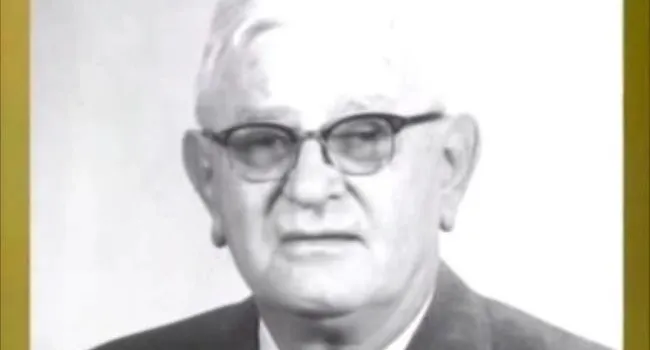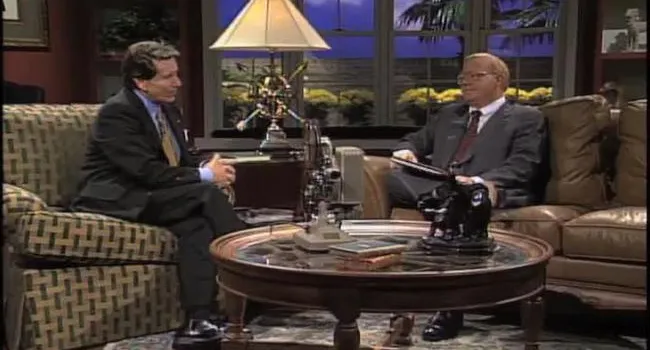Charles S. Way (Born December 18, 1937)
It usually takes a hurricane or some other force of nature to change the face of a city, but if a single individual can accomplish such a feat, then surely Charlie Way could do just that. One cannot travel very far in Charleston or the surrounding area before encountering some development that bears his imprint.
Yet, Charlie Way did not set out to be a developer of resort communities, shopping centers, apartment projects or office complexes. For thirteen years at the beginning of his career, he practiced law in Charleston. It was only when his father-in-law, J.C. Long, who had started The Beach Company with the purchase of the Isle of Palms, experienced failing health, that Way left his law practice and took over the operation of that company in 1975. During the thirty ensuing years, The Beach Company has expanded many times. At the same time, Charlie Way’s personal influence has expanded to include the whole of his native state and surrounding regions, if not the world.
Charles S. Way, Jr., was born December 18, 1937, in Orangeburg. His parents, Charles and Sally Wise Way, owned several small businesses – motels, gas stations, restaurants and liquor stores – and young Charlie and his brother, Allen, and sister, Sally Way Young, grew up helping out in the various businesses. A self-described “unfocused” student in his early years, more interested in having fun than in academics, he attended Riverside Military Academy in Gainesville, Ga., for two years before entering the University of South Carolina. At USC he earned a bachelor of science degree in economics in 1959 and a law degree in 1962. He was on the cheerleading team at Riverside, and at USC, he was president of his Sigma Chi fraternity during his junior and senior years.
On August 15, 1959, Way married Mary Ellen Long of Charleston. They have three daughters, Alberta Freeman, Ellen Dudash and Sally Wise Howle, and two sons, Charles III and Leonard Darlington (L.D) Way. All were married, and there are now fourteen grandchildren. Way’s home, Seaside Farms, is in Mount Pleasant. His leisure-time activities include quail hunting and his latest interest, a state-of-the-art fish pond, where he says he plans to train the fish to jump into his frying pan when he whistles. He also travels a great deal and especially enjoys vacationing in Italy. “We love the scenery, the food, the ambiance of Italy,” Way said.
The Beach Company has experienced tremendous growth since Way became its chief operating officer, although he is quick to point out that many of the company’s assets were acquired before he took over. Company holdings also include the Gulf Stream Construction Company, which has built some 3,000 housing units, as well as shopping centers, post office facilities and office buildings in the Southeast. Among the landmark building projects in downtown Charleston is Majestic Square on King Street, which houses The Beach Company’s offices on its top floor. In September 2003, Way turned over the day-to-day operation of The Beach Company to his nephew, John C. Darby, but he remains as chairman of the board.
One of Charles Way’s most gratifying endeavors was the purchase of Kiawah Island in 1988. He led the group that purchased the struggling development from the royal family of Kuwait for $105 million, a transaction that remains the largest such acquisition in state history. He has since sold his interest in the project, but not before it became one of the most desirable developments in the state.
Equally noteworthy is Way’s civic activity. Many of the significant events and projects in recent South Carolina history, such as the Spoleto Festival, the South Carolina Aquarium and a capital campaign at his Alma Mater, have benefited from his involvement.
Charles and Mary Ellen Way were recruited in the early 1980s to support the Spoleto Festival. In 1984, Way served as the organization’s president, and from 1985 until 1991, he was chairman of the board. His fund-raising activities helped the foundering organization to become a major arts and tourism event for South Carolina. In 1991, he was named chairman emeritus. “Spoleto was just such a wonderful asset and a huge boon to the city of Charleston. It has brought a tremendous amount of money and attracted so many people to the city,” Way said. And it has made an art lover of Charlie Way. “Spoleto offers such varied events, and I just like them all. I might not want to go to the opera four nights a week, but I do enjoy all the things Spoleto offers,” he said.
Likewise, the South Carolina Aquarium has been a favorite project. Way has served on its board of trustees and executive committee. “It, too, is a wonderful asset for the city. It has brought more and more tourists,” he said.
Way also has been the University of South Carolina’s top fundraiser. With Way as chairman, the Bicentennial Committee led the most successful campaign in history, raising over $500 million to endow the university.
Among Way’s other civic involvements has been the Palmetto Business Forum, which was one of the first organizations to support the removal of the Confederate flag from atop the State House. He is a member of the executive committee and the board of trustees of the Moore School of Business’ Business Partnership Foundation Board of Trustees. He was recently elected to the board of directors of the Palmetto Institute. He has also been active with the South Carolina Tourism Council and was chosen its Man of the Year in 1987. In 1990, Way was the recipient of the Elizabeth O’Neill Verner Award, given by the South Carolina Arts Commission in recognition of his outstanding contributions to the arts. He is a member of the executive committee for Brookgreen Gardens and serves as president of the Huntington Society of Brookgreen Gardens.
One of the most challenging assignments came to Way in 1999 when he was tapped by Governor James Hodges as his first selection for his Cabinet. Hodges asked Way to serve as Secretary of Commerce, even though Way had supported Hodges’ opponent in the election. During his four-year stint as secretary, despite a general downturn in the economy, the state experienced significant achievements in attracting industrial development and securing jobs for South Carolinians. In his Cabinet position, he chaired the South Carolina Coordination Council for Economic Development. He reflects with pride especially on his efforts in generating jobs for the state’s rural counties that are often bypassed in favor of urban centers. “Being from Orangeburg County, I was very aware of their needs,” Way pointed out.
Way was the first chairman of the South Carolina Retirement System Investment Panel, having been appointed by Governor David Beasley in 1998. He resigned this position when he became Secretary of Commerce.
Charlie Way has received many honors acknowledging his work for his city and state, but none is more noteworthy than his having twice received the Order of the Palmetto, the state’s highest accolade. The honor was first bestowed by Republican Governor Carroll Campbell and again by Democratic Governor James Hodges.
Since leaving his post at the Department of Commerce, Way said he has slowed his pace to some extent, but he has no intention of retiring. “So long as I am able to, I intend to stay right here,” he said from behind the desk in his office overlooking the port city. He emphatically states that he has no political aspirations.
Way has a reputation for being able to weigh all sides of an issue and see the long-range effects of a decision and for being fair and above-board in his dealings. He credits much of his success to those who have mentored him along the way. “I had a lot of help from my father-in-law, J.C. Long, and others, such as Governor (Robert) McNair and Hootie Johnson helped and guided me,” he said.
Way also has a word of advice for a young person who is beginning a career. “Get as much education as is humanly possible, and be straightforward in all your dealings,” he said. “And you always want to leave a little something on the table. Never squeeze the last penny out of a deal, because you want to be able to do business with that person at a later date,” he added.
Despite the pleasure Charlie Way has obtained from countless business and civic activities and the many honors he has received, his greatest satisfaction is derived from his family. “I have a wonderful wife, five wonderful children and fourteen wonderful grandchildren,” he said. He considers them his greatest achievement.
Way says his philosophy can be expressed by a Winston Churchill quotation that adorns a chair cushion in his office. It states: “We make a living by what we get. We make a life by what we give.” Charles S. Way Jr. has made a good living and a good life.
He was inducted into the South Carolina Business Hall of Fame in 2005.
© 2005 South Carolina Business Hall of Fame


